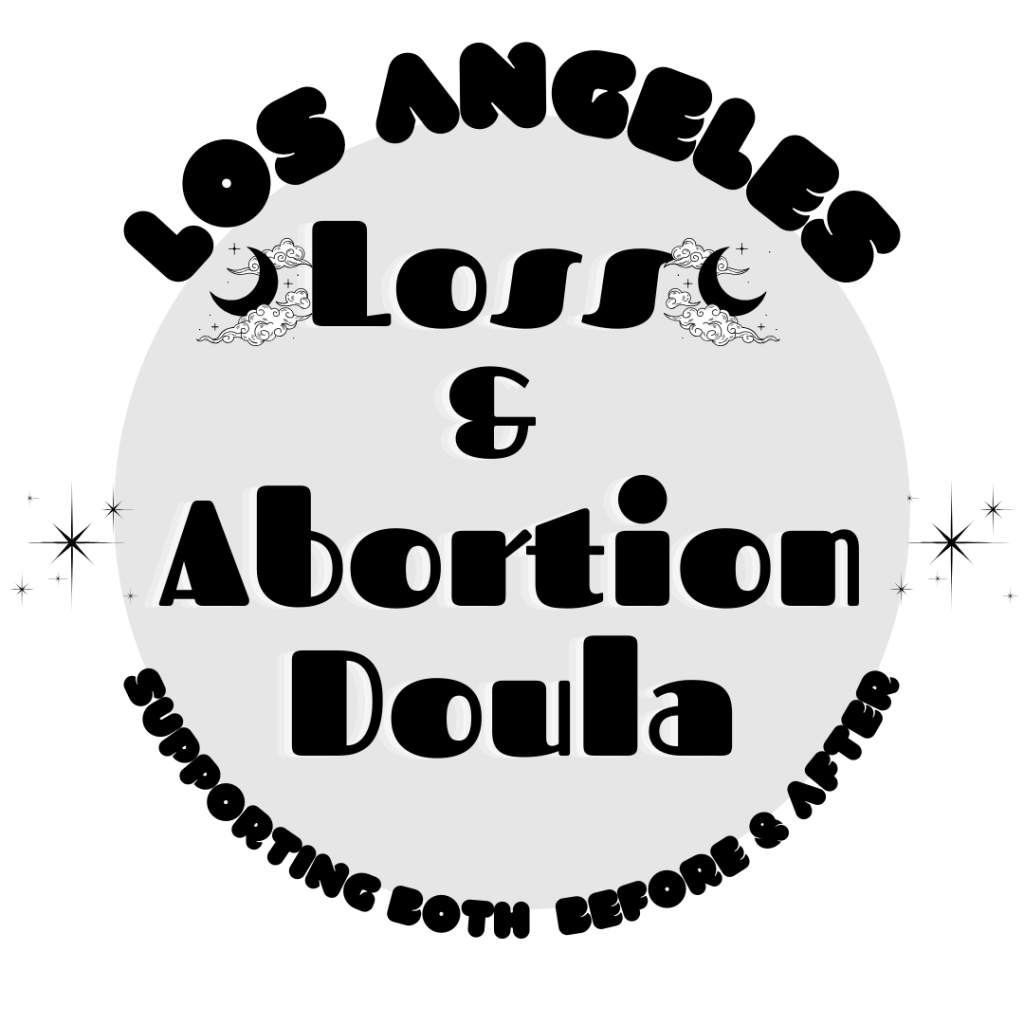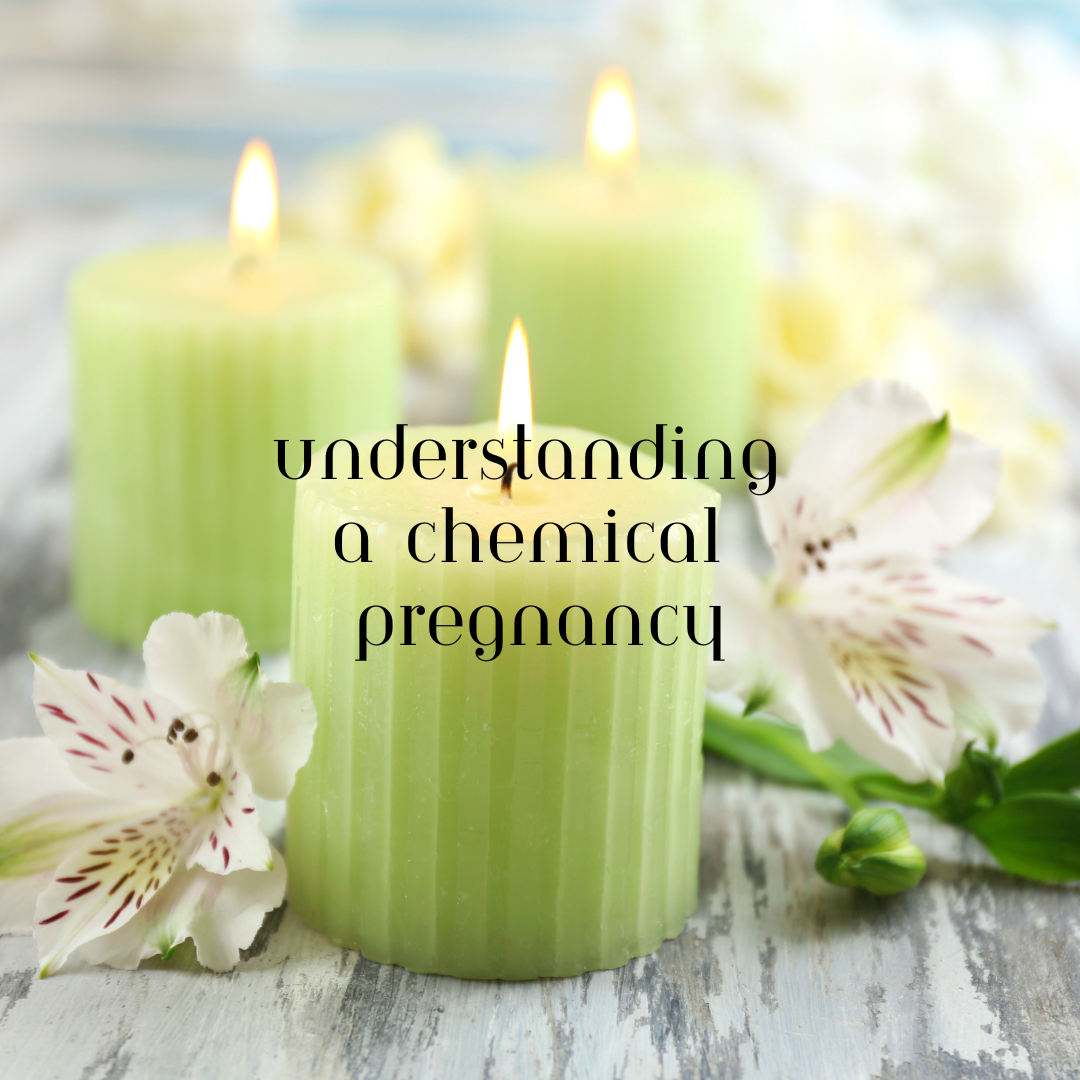Understanding a Chemical Pregnancy: What It Means for You?
Dear Mama,
I’m so sorry you’re going through this. A chemical pregnancy can be incredibly confusing and heartbreaking, especially if you were excited to see that positive test. A chemical pregnancy happens when an early pregnancy ends before the fetus has a chance to develop much. This early loss can feel overwhelming, and I want to help you understand what’s happening.
What Is a Chemical Pregnancy?
A chemical pregnancy happens when a fertilized egg implants in the uterus but doesn’t develop into a viable pregnancy. It is often discovered because of early pregnancy testing (like a home pregnancy test), but the loss happens before a gestational sac is visible on an ultrasound.
You might experience a positive pregnancy test followed by light bleeding or a late period. It can be a very early loss, often before a woman even knows she’s pregnant.
How Is It Diagnosed?
A chemical pregnancy is typically diagnosed by:
- A positive home pregnancy test followed by bleeding (which may look like a heavy period)
- A drop in pregnancy hormones (hCG) measured in blood tests
- An ultrasound that doesn’t show a gestational sac
It can feel like your body is playing tricks on you. Please know that chemical pregnancies are more common than many people realize, and it doesn’t mean you can’t get pregnant again in the future.
How to Care for Yourself
It’s important to allow yourself to grieve, even if the pregnancy loss was very early:
- Rest and take care of your body.
- Lean on your support system for emotional care.
- Understand that it’s okay to feel sadness, loss, and disappointment.
- Try to be gentle with yourself and your heart.


Leave a Reply